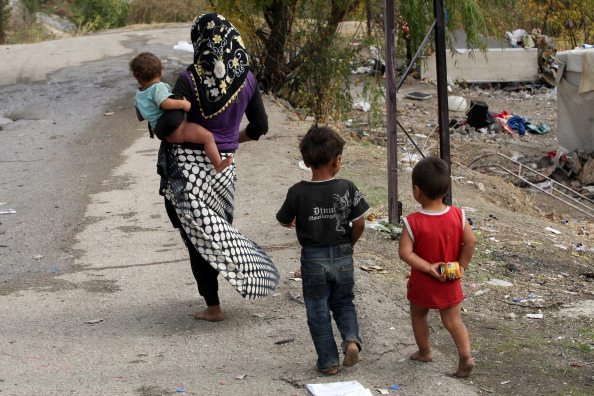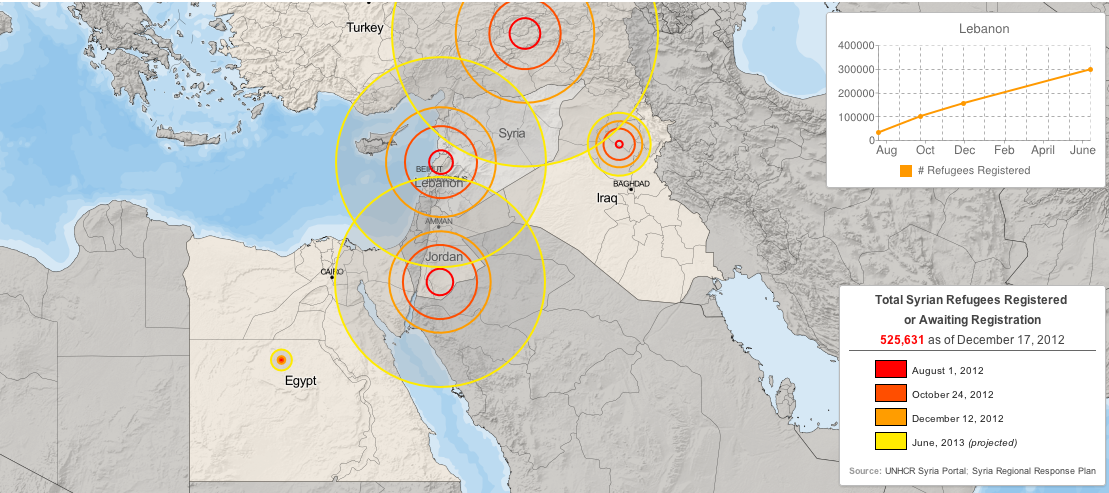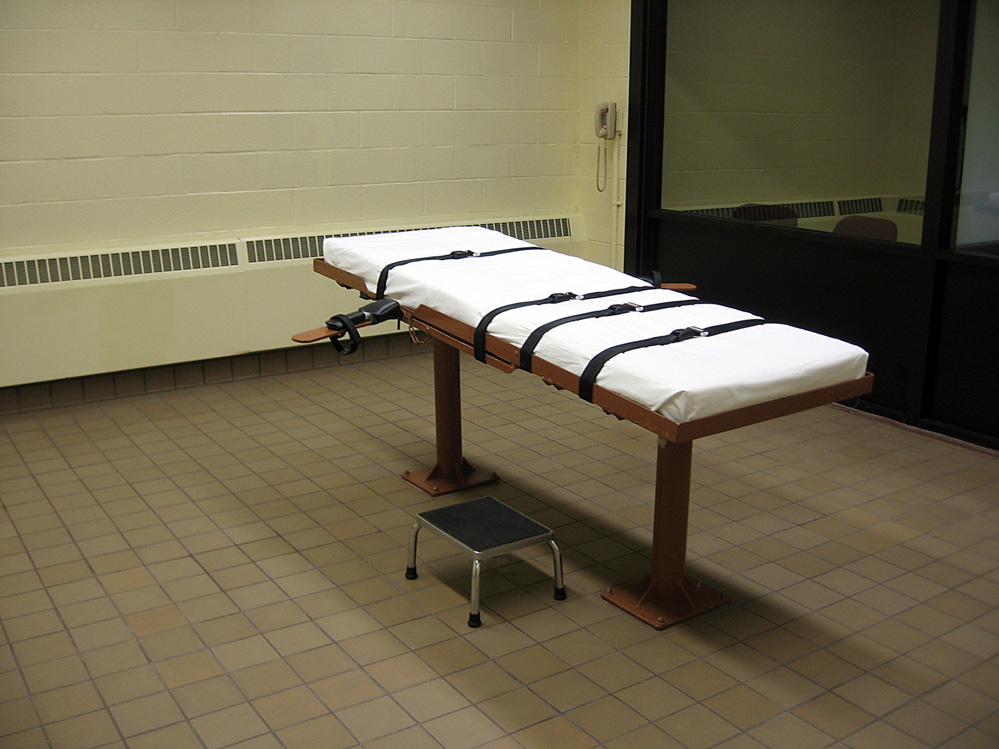UPDATE (4/2/10): ‘Ali Hussain Sibat has been granted a stay of execution. But there was no indication that Sibat’s death sentence would be commuted or that he would be released.
Having worked on death penalty cases both internationally and the United States for more than two decades, I’ve gotten used to some strange and unnerving stories. But today comes one from Saudi Arabia that has to rank toward the top of my outrage scale.
A Lebanese national, possibly ‘Ali Hussain Sibat, is reported to be at imminent risk of execution and could be executed as early as tomorrow in Saudi Arabia, according to information received today by Amnesty International.
‘Ali Hussain Sibat, who is 46 and has five children, was a presenter on a TV show on the Lebanese satellite TV station Sheherazade, where he gave advice and predictions about the future. He was arrested by the Mutawa’een (religious police) on charges of “sorcery” in May 2008 while he was in Saudi Arabia to perform a form of Muslim pilgrimage, the ‘umra.
‘Ali Hussain Sibat was sentenced to death by a court in Madina in November 2009 after secret court hearings where he had no legal representation or assistance. Amnesty International is concerned that the charge of “sorcery” and others arose solely from the peaceful exercise of his right to freedom of expression.
This has to stop. The death penalty is wrong is all cases, but in this particular one, the range of outrages from the unfair trial to the nature of the charges requires special action. CNN has picked up on the story.
Time is short. Please fax the king of Saudi Arabia and have him stop this travesty. The address is below:
King and Prime Minister
His Majesty King ‘Abdullah Bin ‘Abdul ‘Aziz Al-Saud
The Custodian of the two Holy Mosques
Office of His Majesty the King
Royal Court, Riyadh
Kingdom of Saudi Arabia
Fax: (via Ministry of the Interior)
+966 1 403 1185 (please keep trying)



